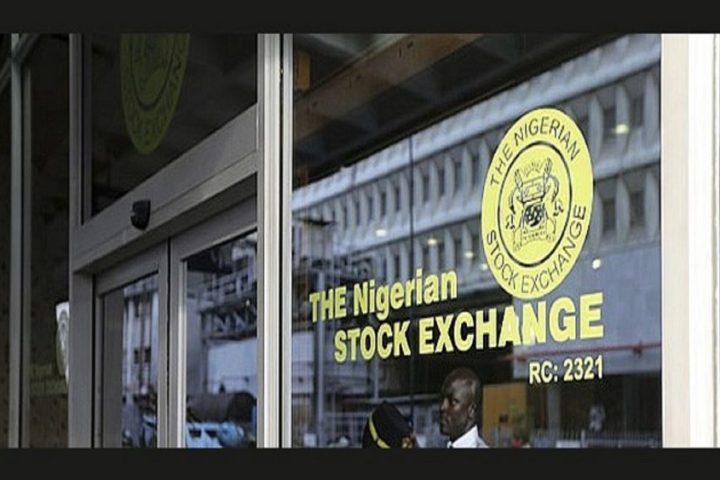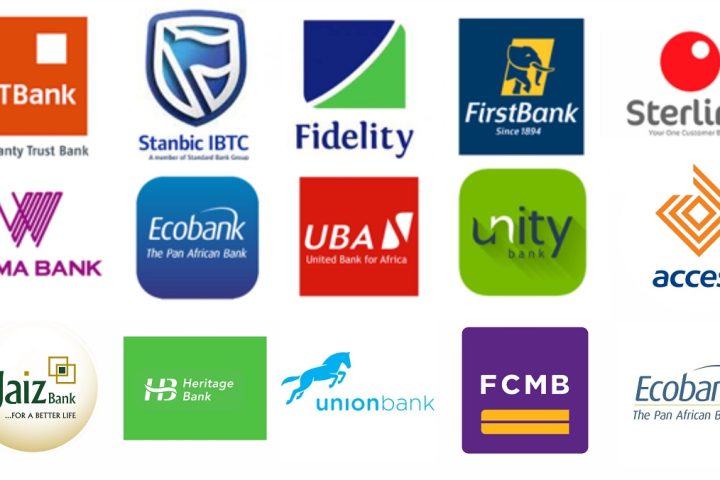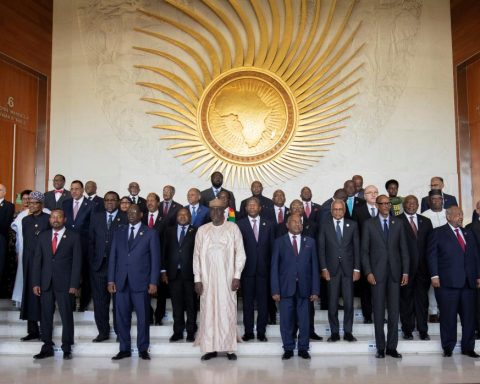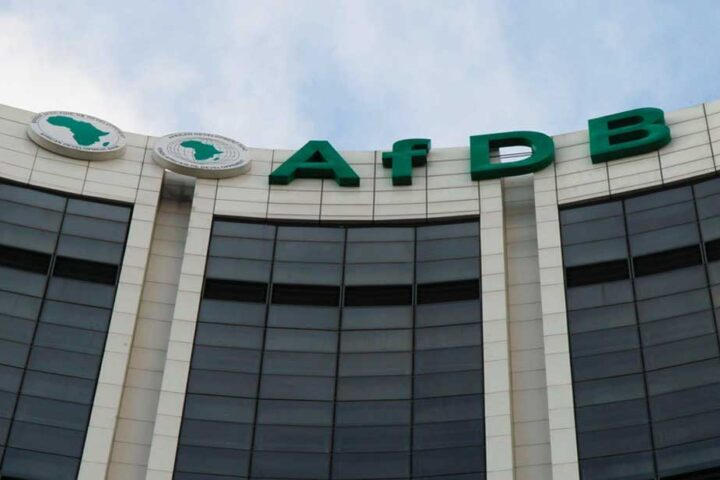Employment in Nigeria increased in June according to a new report by Stanbic IBTC Purchasing Managers’ Index (PMI), which stated that the removal of fuel subsidy did negatively impact businesses, but didn’t stop their expansion.
The PMI grades Nigeria’s private sector or business environment monthly. Readings above 50.0 signal an improvement in business conditions in the previous month, while readings below 50.0 show a deterioration.
Join our WhatsApp ChannelIt scored June 53.2, below 54.0 in May, indicating a slip in the country’s business growth. According to the report, the businesses had suffered an increase in their cost of operation following the removal of fuel subsidy but passed the cost to their customers to remain operational.
Describing the private sector environment in June, the PMI noted: “Although dipping slightly to 53.2 from 54.0 in May, the reading signalled a solid monthly improvement in the health of the private sector. While overall business conditions remained on a positive trajectory, firms faced a much stronger inflationary environment at the end of the second quarter of the year, linked to the removal of the fuel subsidy.
“Purchase prices increased at the fastest pace since last August, while the rate of selling price inflation accelerated sharply to the steepest in the year-to-date as firms passed higher costs on to their customers.”
However, the cost burden placed on customers didn’t stop orders from rising marginally last month, although it limited the pace of output growth.
Output continues to rise on the back of increased customers and orders amid the soaring inflation supported by the removal of fuel subsidy.
“Issues around the ending of the fuel subsidy also acted to limit the pace of output growth, according to respondents, although activity was still up markedly in the latest survey period.
“Output has now risen in each of the past three months amid higher customer numbers and growth of new orders. Wholesale & retail bucked the wider trend and posted a drop in activity.”
Consequently, companies raised their workforce slightly to meet demands and new businesses also sprung up for the third successive month.
“The rate of expansion was marked, albeit the softest in the current sequence of growth. Higher new orders encouraged firms to expand employment for the second month running, although the pace of job creation was again only modest,” this was stated in the report.
The challenge faced by the private sector, aside from the mounting inflation on the cost of operation, is backlogs of work driven by business expansion, as well as difficulties in obtaining inputs.
Explaining the situation, the PMI said: “Despite increasing staffing levels, firms recorded a build-up of backlogs of work, due to an expansion in new business and some difficulties securing inputs. Some companies reported having brought forward purchasing and expanded inventories ahead of predicted increases in the costs of materials in the months ahead.
“This, allied with increasing workloads, meant that stocks of purchases were accumulated to the largest degree in eight months.”
Companies remained optimistic that output will increase over the coming year on the back of investment, business expansion plans, and proposed marketing drives, the PMI noted, despite business confidence dropping to the second-lowest on record in June and was only fractionally above last November’s nadir.

















Follow Us